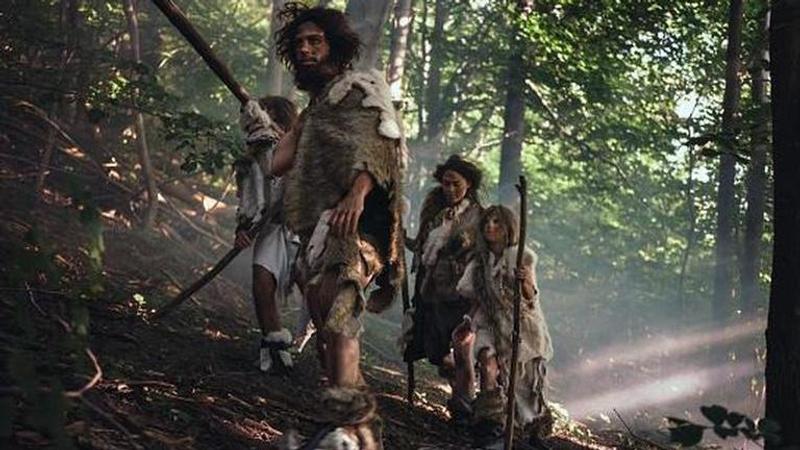Published 17:29 IST, December 16th 2021
Neanderthals were first to turn forest into grassland for habitat 125,000 years ago: Study
The Neanderthals were first family of primates to convert a forest area into open landscapes, suggests new research from Leiden University in the Netherlands.

The Neanderthals were the first family of primates that converted a forest area into open landscapes for habitat, suggests new research conducted by archaeologists from the Leiden University in the Netherlands. Led by archaeologist Wil Roebroeks, the team of experts analysed pollen, charcoal, animal fossils unearthed from Germany to conclude that two Central European lakes bordered by a forested area hold the first evidence of conversion into grasslands. In addition to this, the activities of the Neanderthals also had a big impact on the environment, the researchers noted in their study published in the journal Science Advances.
The Neanderthals cleared forests for campfires, constructing shelters
The motive of the Neanderthals behind clearing the forests was their daily activities such as constructing shelters, collecting wood, making tools and setting campfires, revealed the experts. Interestingly, these activities spanned for a total of 2,000 years for all twelve months, as per the findings from the excavation site in Neumark-Nord. Roebroeks told Science News that the group of Neanderthals in the discussion here might be having a larger and less mobile group than the common beliefs, and the reason for their immobility is the clearing of ice sheets from the resource-rich locations such as Neumark-Nord some 1,50,000 years ago.
Meanwhile, the experts are still not able to determine if the use of fire by the Neanderthals was inspired by the common hunter-gatherer's style for clearing an area, a practice that has been evident in different parts of the world. According to Science News, early humans began the use of regular fires 40,000 years ago as it is around the same time where evidence of human occupation after fire-setting hints at. Apart from this, the same practice began around 45,000 years ago in New Guinea and 50,000 years ago in Borneo near Indonesia.
As for the Neumark-Nord site, the archaeologists found evidence of open landscape-- pollens from grasses and herbs that must have grown around 1,25,000 years ago. In addition to this, heated stone artefacts were also recovered from the site that was heated to make their edges sharper. Interestingly, the experts also unearthed burned wood, charred seeds and patches of charcoal which hinted at frequent fires near the Neumark-Nord set by the Neanderthals.
Image: Unsplash
Updated 17:29 IST, December 16th 2021



